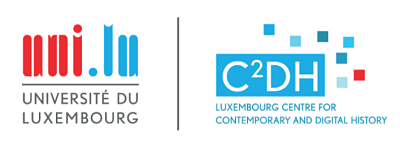The HIVI project (2021-2024) is supported by the Luxembourg National Research Fund (C20/SC/14758148).

Our HIVI Team
Valérie Schafer has been a Professor in Contemporary European History at the C²DH (Luxembourg Centre for Contemporary and Digital History) at the University of Luxembourg since February 2018. She previously worked at the CNRS in France and is still an Associate Researcher at the Center for Internet and Society (CIS – CNRS UPR 2000). She specialises in the history of computing, telecommunications and data networks. Her main research interests are the history of the Internet and the Web, the history of European digital cultures and infrastructures, and born-digital heritage (especially Web archives). She is the Head of the Contemporary European History (EHI) research area at the C²DH. She is also Vice-Chair of the ECREA Communication History Section, a member of the Management Committee of the “Tensions of Europe” network, and General Secretary of the Society for the History of Media (SPHM). She is involved in the projects Esch 2022 at C²DH, OPERAS-P (H2020) as a task leader on innovative models of governance, in the SNF Project Web History and she is one of the co-PI of the WARCnet project (supported by the Independent Research Fund Denmark | Humanities (grant number 9055-00005B)). She is on the editorial board of the journals Le Temps des Médias, Flux and Cahiers François Viète and she is a co-founder of the journal Internet Histories. Digital Technology, Culture and Society (Taylor & Francis). She is also a member of the Scientific Board of the Orange Group and of Afnic, the French domain name management company and she is a Mercator Fellow at the university of Siegen in 2021 (Teilprojekt A01 and A02 in the project Medien der Kooperation). Her most recent published or co-edited books include: En construction, La fabrique française d’Internet et du Web (Ina Éditions, 2018), Penser l’histoire des médias (CNRS Éditions, 2019) and Qu’est-ce qu’une archive du Web? (OpenEditions, 2019).

fred Pailler has been trying to get a flickering GIF logo instead of a facepix on the web for decades. That being said, he also holds a PhD in media studies (University of Nantes, FR, 2019) and has a background training in sociology and ethnography. His research focuses primarily on infrastructures and uses of social platforms, as well as controversies related to health, gender or sexuality. His doctoral dissertation addressed the way sexual and sentimental cultures articulate with digital technologies, from the French ‘Minitel rose’ to the major platforms of web 2.0 and with a particular focus on visual semiotics. He worked previously as a research engineer at EHESS (ANAMIA ANR project), and more recently, as a freelance researcher, on different projects about open source software, labour and digital platforms. He has an extensive experience in conducting combined ethnographies, surveys and computer assisted content analysis. He has joined the HIVI project in April 2021 as a post-doctoral researcher for 2 years.
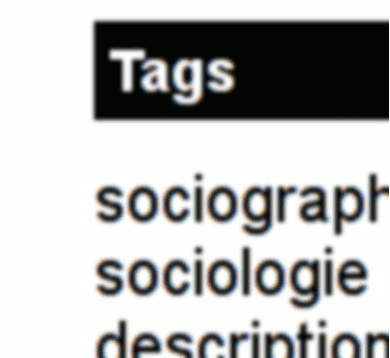
Frédéric Clavert is a Senior Research Scientist at C2DH. Frédéric Clavert, holder of a PhD in Contemporary History, completed studies in political science and contemporary history in Strasbourg and Leeds. Before joining the C2DH, he worked as a researcher in Strasbourg, at the Centre Virtuel de la Connaissance sur l’Europe (CVCE) in Luxembourg and at the University of Lausanne. He was also a research engineer at Paris-Sorbonne University for the “Writing a new history of Europe” Laboratory of Excellence (LabEx-EHNE). His research focuses on three main areas: the history of economic and monetary organisation across the European continent in the 20th and 21st centuries, collective memory of the past in the age of big data, and the relationship between historians and their digital primary sources.

Florentina Armaselu is a Research Scientist at the Luxembourg Centre for Contemporary and Digital History (University of Luxembourg). She holds a PhD (2010) in Comparative Literature with a focus on electronic textuality and an MSc (2003) in Computer
Science with a thesis in Computational Linguistics, from the University of Montreal, Canada. She worked as an assistant professor in Computer Assisted Language Learning at the Faculty of Letters of the University of Craiova, Romania, teaching assistant at the Department of Computer Science and Operations Research of the University of Montreal, researcher in Natural Language Processing at North Side Inc., R&D, Montreal, and in text encoding, text analysis, digital editions and interface design for European Integration History at the Centre Virtuel de la Connaissance sur l’Europe (CVCE), Luxembourg.
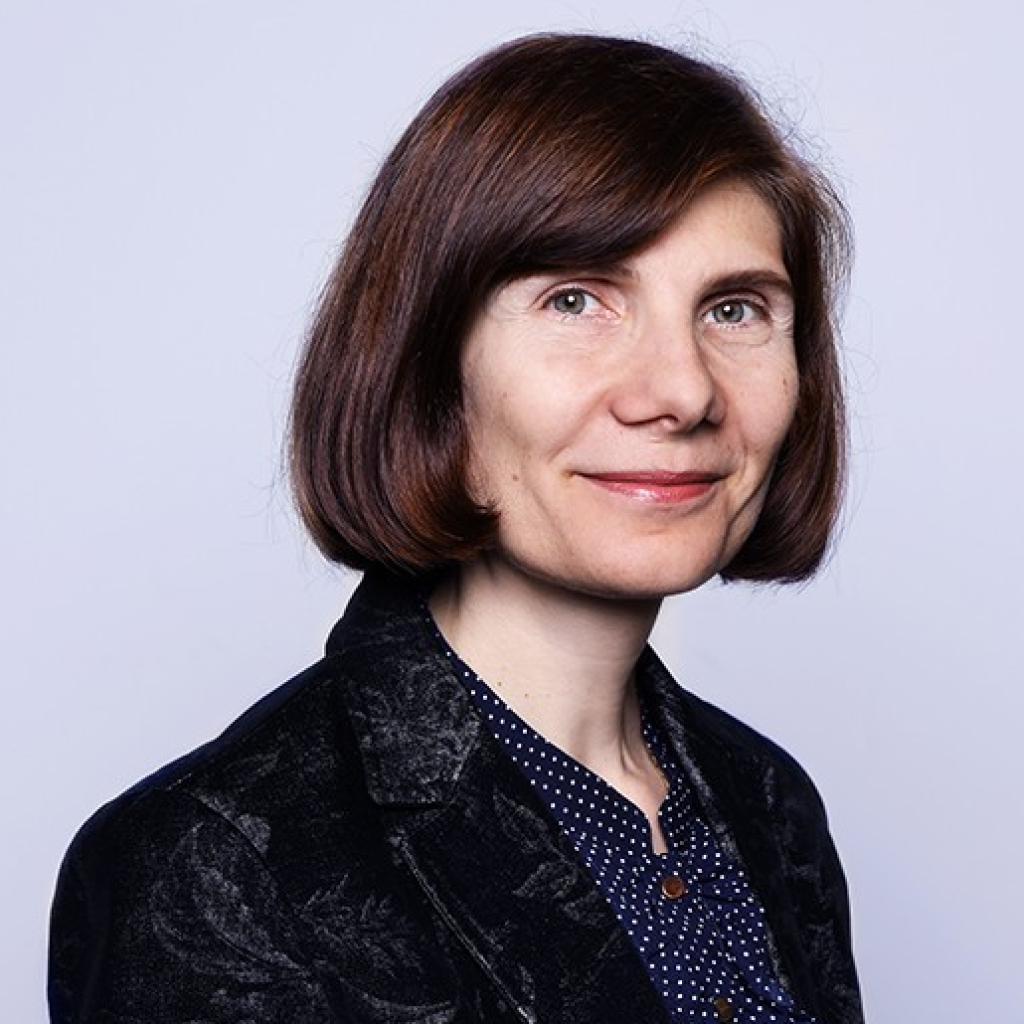
Lars Wieneke is the Head of Digital Research Infrastructure at the C²DH (Luxembourg Centre for Contemporary and Digital History). He holds a PhD in Engineering from the Bauhaus-University Weimar, Germany. After graduating from the Technical University of Ilmenau he worked as a researcher in the Department of Interface Design at the Bauhaus-University Weimar. Funded by a Marie-Curie fellowship, Lars joined the EPOCH/CHIRON research group at the University of Brighton in January 2007 and specialised in the application of user-created content for museums and cultural heritage. In 2009, Lars worked as an independent consultant for museums and cultural heritage in France before becoming project manager of a joint research project between the Jewish Museum Berlin and the University of Applied Sciences Berlin. He joined the Centre Virtuel de la Connaissance sur l’Europe (CVCE) in 2011 and worked as a researcher in the Digital Humanities Lab. In 2014, he became the Head of the Information & Technology department at the CVCE. On the 1. of July 2016 he joined the University of Luxembourg and became head of the digital research infrastructure of C2DH in April 2017. Lars has worked in multiple international projects and networks. He acted as a work package leader in the FP7 funded project CUbRIK where he coordinated the development of histoGraph, a new tool for the indexation, exploration and analysis of multimedia archives that incorporates graph visualisation approaches and different levels of crowd-sorucing. He was also a co-head of the Europeana taskforce on User-Generated content and is currently a co-head of the working group on visualisation and interactivity in DARIAH.

Carmen Noguera has a journalist degree, followed by a DEA (post-graduate diploma of advanced studies) on EU and International Relations. With over 15 years of experience in Digital Marketing and Communications in the private sector, Carmen has focused on developing marketing and communications strategies, corporate e-reputation, digital footprint, Social Media, and digital mentorship. Interested in the impact and evolution of digital media in society, Carmen joined the HIVI project in April 2021 as a PhD to explore the history of digitalization in Luxembourg, focusing on the user’s point of view. She will work on the thesis Digital cultures and their development in Luxembourg (the late 1990s to the present day).
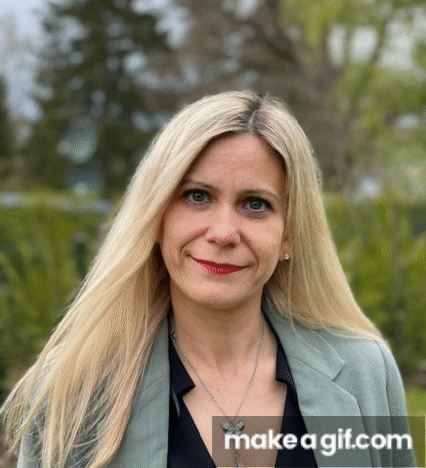
Jessica Pereira is a student assistant on the HIVI project. She is completing her Master’s degree in European Contemporary History at the University of Luxembourg. Jessica also got her Bachelor’s degree in European Cultures at the University of Luxembourg. She is very interested in the history of viral content, as you should all be!

Emily Griffin is a student assistant on the HIVI project. She is currently doing her Master’s degree in European Contemporary History at the University of Luxembourg. She has a background in literary studies after two years in a CPGE (higher school preparatory classes) in France and has a Bachelor’s degree in Italian studies. As an amateur meme enthusiast, she is thrilled to be participating in the HIVI project.
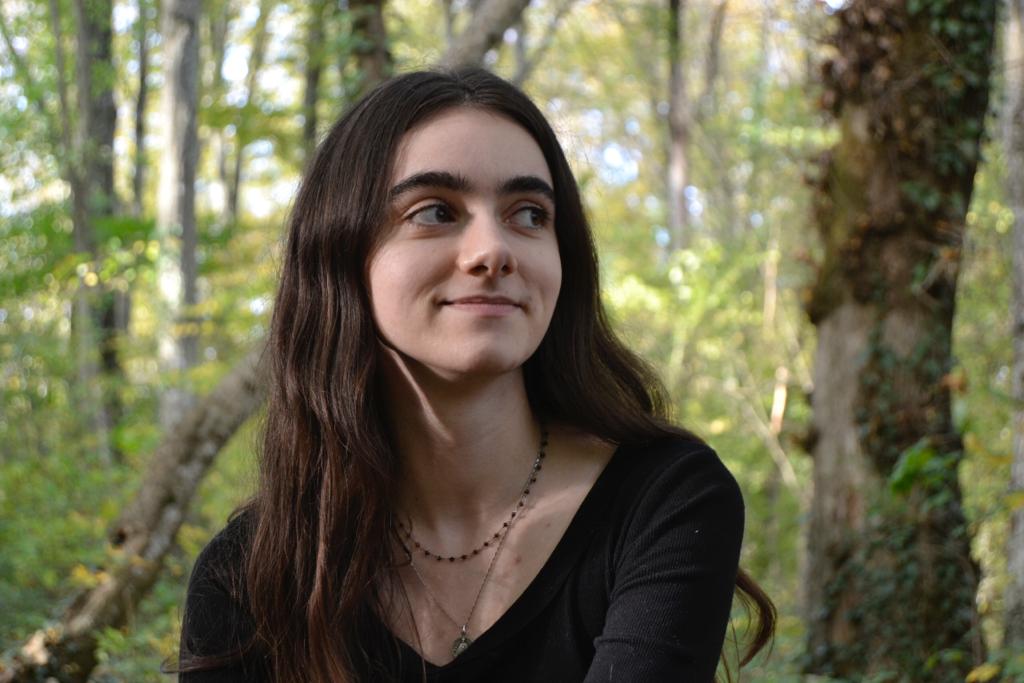
Our International Steering Committee
Niels Brügger is a Professor at Aarhus University in the School of Communication and Culture. In 2000 he co-founded the Centre for Internet Studies, and he has headed the Centre since 2010. He is now heading the newly established Centre for Digital Methods and Media at his Department. He has been Head of NetLab, a research infrastructure for the study of the archived web, since 2014. His research interests are web historiography, web archiving and media theory. He has authored and (co-)edited a number of publications, among others The Archived Web: Doing History in the Digital Age (MIT Press, 2018), The SAGE Handbook of Web History (with Milligan, SAGE, 2018) and The Web as History: Using Web Archives to Understand the Past and the Present (with Schroeder, UCL Press, 2017). He is co-founder and managing editor of Internet Histories: Digital Technology, Culture and Society (Routledge) and the main PI of the international research network WarcNet (2020-2022).

Ben Els has been the digital curator of the Luxembourg Web Archive at the National Library of Luxembourg since 2017. He has previously worked in the cultural sector, as a project coordinator for the Mierscher Kulturhaus and the Séibühn Ënsber asbl. Ben completed his Bachelor’s degree in European cultures at the University of Luxembourg, which he followed up with a Master’s degree in comparative literary and art studies at the University of Potsdam.

Yves Maurer is the deputy head of the IT and digital innovation division at the National Library of Luxembourg and is the technical lead on the Luxembourg Web Archive since 2016. He has an active role in all things digital happening at the library, from digital preservation, digital legal deposit, AI methods for enhancing usability of digitised materials, open data, transitioning to a new ILS etc. Previously he was responsible for the BnL’s digitisation program from 2007 onwards and the setting up of the portal of Luxembourg newspapers at eluxemburgensia.lu. In that period, he was a member of professional boards relating to digitisation at IFLA and Igelu. Previously he was Vice-President of Development at Atril Language Engineering in Madrid and responsible for the flagship DéjàVu Computer-Assisted Translation software. He holds an Msci in Mathematics and Computer Science from Imperial College London.

Claude Mussou
Benjamin G. Thierry is associate professor of contemporary history at Sorbonne Université and researcher at SIRICE (Sorbonne – Identités, relations internationales et civilisations de l’Europe). He specializes in the history of computing and telecommunications. His long-term research interests involve the socialization of IT (man-machine communication, digital cultures and their links to the general public).
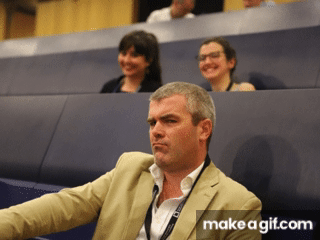
Jane Winters is Professor of Digital Humanities and Pro-Dean for Libraries at the School of Advanced Study, University of London. She has led or co-directed a range of digital projects, including most recently the UK-Ireland Digital Humanities Association: a Network for Research Capacity Enhancement; CLEOPATRA: Cross-Lingual Event-Centric Open Analytics Research Academy; WARCnet; Big UK Domain Data for the Arts and Humanities; Digging into Linked Parliamentary Metadata; and Traces through Time: Prosopography in Practice across Big Data. Jane’s research interests include digital history, born-digital archives (particularly the archived web), the use of social media by cultural heritage institutions, and open access publishing. She has published most recently on Non-Print Legal Deposit and web archives, born-digital archives and the problem of search, and the archiving and analysis of national web domains.

